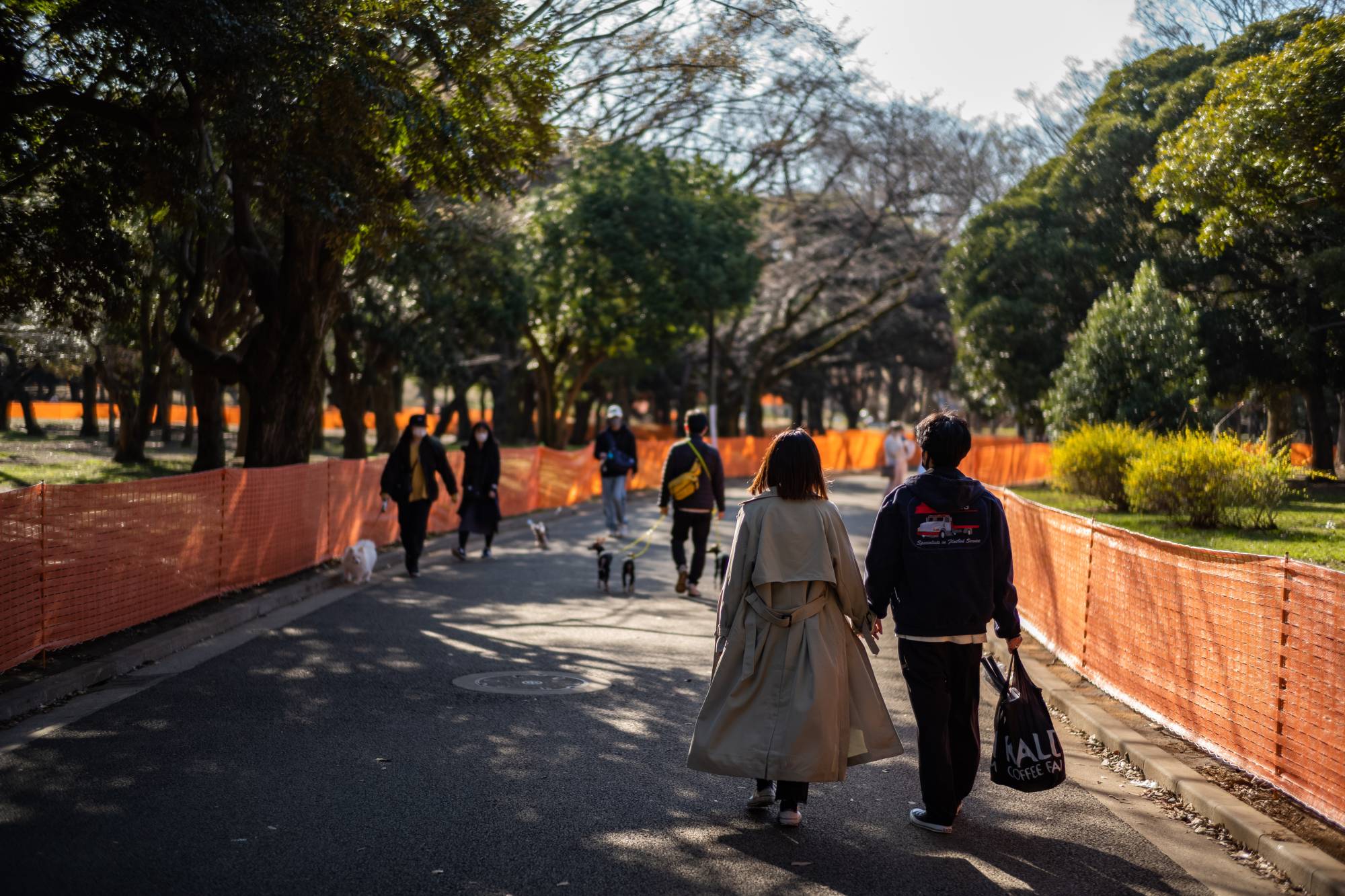Toasty weather and blooming cherry blossoms are just a couple of the many forgotten pleasures that may entice people to let their guard down once the state of emergency is lifted in the greater Tokyo area and the country tries to reopen society without triggering a resurgence of COVID-19.
The diminishing impact of noncompulsory countermeasures on a population fatigued by long stretches of isolation and major lifestyle adjustments has long been a major concern.
If the virus rebounds due to an uptick in social gatherings, however, poor risk communication and belated countermeasures from political leaders — not public indifference or a brazen attitude toward the health of others — should bear most of the blame, said Kenneth McElwain, a professor at the University of Tokyo’s Institute of Social Science.



















With your current subscription plan you can comment on stories. However, before writing your first comment, please create a display name in the Profile section of your subscriber account page.